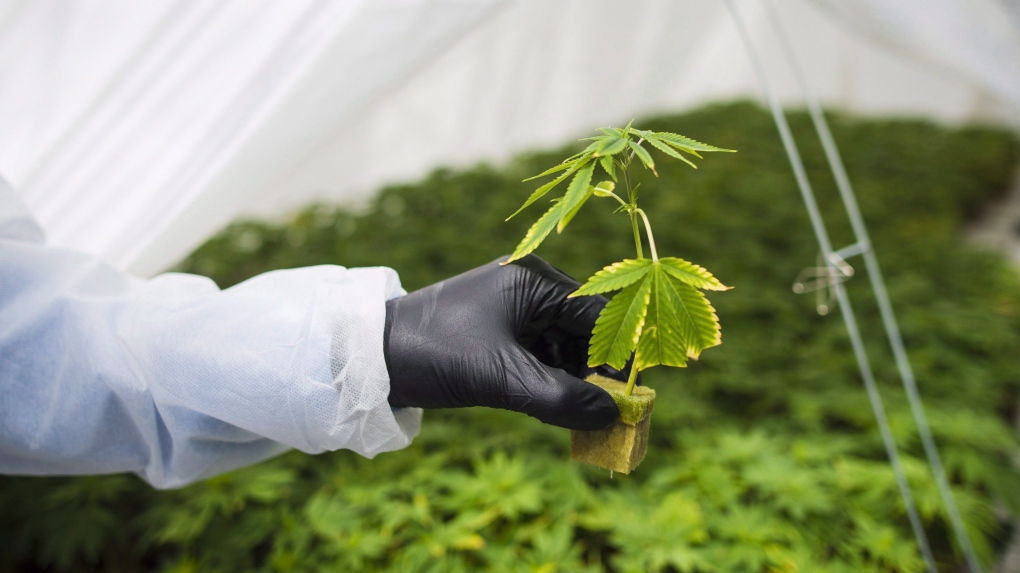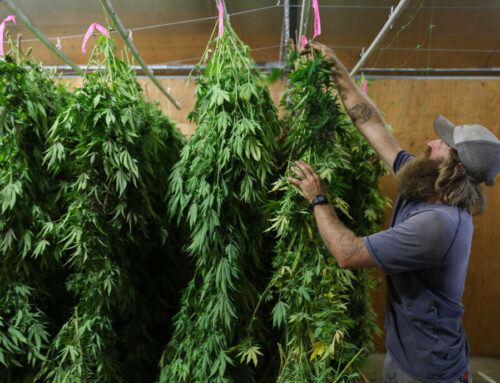Japan’s Revision of Cannabis Drug Law
WORLD- In a historic move, Japan has taken significant steps toward reshaping its stance on cannabis, reflecting a nuanced approach to the burgeoning global interest in cannabis-derived pharmaceuticals and industrial hemp. The latest amendment to Japan’s Cannabis Control Law, passed by a majority vote in the House of Councillors, marks a departure from some of the world’s strictest cannabis-related laws, signaling a potential dawn for a new medicinal cannabis and industrial hemp industry in the country.
The revision, first reported by Japan News, effectively lifts the ban on cannabis-derived pharmaceuticals while simultaneously establishing more stringent criminal penalties for unauthorized cannabis use. The previous law, which prohibited administering or taking cannabis-derived medicines, has been amended to reclassify cannabis under the “narcotics” category within the Narcotics Control Law. This reclassification legally permits the use of cannabis-based medicine in Japan, contingent upon confirmation of efficacy and safety by pharmaceutical authorities. Previously, the use of such pharmaceuticals was restricted to clinical trials.
This legal pivot is partly fueled by growing awareness of the medical benefits of cannabinoids, notably in treating epilepsy among other conditions. This awareness has led to increasing calls within Japan to lift the previous ban. However, the revised law also introduces stringent prohibitions on unauthorized cannabis use, including a prison sentence of up to seven years for violations, as noted by Japan Times. Previously, Japan criminalized only the import, export, cultivation, transfer, and possession of cannabis.
The absence of criminalization for cannabis use historically served to protect farmers inadvertently absorbing plant compounds while growing hemp for industrial products. However, the amendment comes against the backdrop of rising concerns over cannabis use among youth. A significant increase in arrests, particularly among younger demographics, was recorded in 2021, with 5,783 arrests, approximately 70% of whom were individuals in their 20s or younger.
While the left-leaning political party Reiwa Shinsengumi endorsed the lifting of the medicinal cannabis ban, they opposed the new criminal penalties, underscoring a shift from no penalties to potentially severe consequences. Rep. Taro Yamamoto, the party’s leader, highlighted this concern, emphasizing the drastic nature of the new penalties.
The government is also expected to define permissible levels of THC in cannabis-derived products over time. Currently, CBD and other hemp-derived products are legal for import into Japan, provided they contain no observable level of THC and are derived from “stalks and seeds.” The amendment is poised to potentially expand legal imports to include products derived from cannabis flowers, contingent on THC content falling within newly established limits.
Furthermore, the amendment mandates the government to formulate a framework to promote hemp cultivation in Japan, potentially reducing reliance on imports. The modification of the current Cannabis Control Act to the Law Concerning Regulation of the Cultivation of Cannabis Plants is expected to increase the number of cultivation licenses. This includes the introduction of a new license type for cannabis production for medical or pharmaceutical use, alongside the existing license for industrial hemp cultivation.
The enactment of the revision is anticipated within a year of its promulgation, with changes pertaining to cannabis cultivation licenses expected to follow in two years. This legislative shift may signify a new era in Japan’s approach to cannabis, balancing caution with the potential for growth in medicinal and industrial hemp sectors.




































